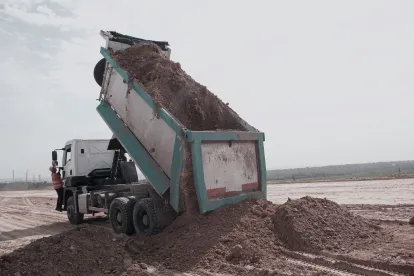On September 23, 2021, Pennsylvania took another step towards enacting PFAS soil standards for cleanup processes in the state. It is important to note that the proposed soil concentrations would not create liability standards, at least not explicitly. Instead, the standards aim to be guidelines by which site remediators can gauge PFAS removal steps in instances of soil pollution. Nevertheless, the steps being undertaken by Pennsylvania represent a new step forward in PFAS regulatory action that other states are exploring, but have yet to affirmatively propose standards at this time. As other states follow suit, though, it is likely that some states will begin setting PFAS soil standards that include both a remediatory guideline and liability purpose. Companies are well-advised to closely follow developments at the state level with respect to PFAS soil standards.
PFAS Soil Standards In Pennsylvania
The Pennsylvania Department of Environmental Protection’s (PADEP) first published its proposed revision to the state’s Act 2 Chapter 250 regulations for PFAS soil standards in February of 2020. New attention is being given to these proposals due to the fact that the state has since cleared two of its regulatory amendment process hurdles before the proposed PFAS soil standards can be finalized.
Under the proposal, Pennsylvania seeks to set Medium Specific Concentrations (MSC) for PFOA, PFOS and PFBS in soil, as follows:
-
PFOA: 4.4 mg/kg (residential); 64 mg/kg (non-residential)
-
PFOS: 4.4 mg/kg (residential); 64 mg/kg (non-residential)
-
PFBS: 66 mg/kg (residential); 960 mg/kg (non-residential)
The state notes in the proposed regulations that the PFOA and PFOS values are for individual or total combined purposes.
Where Do the Regulations Stand?
Over a year after being initially proposed, the Pennsylvania Environmental Quality Board (EQB) voted to adopt PADEP’s final regulations in June of 2021. Then, on September 23, 2021, the Pennsylvania Independent Regulatory Review Commission (IRRC) held a public meeting and voted to adopt the PADEP’s proposed update to its Act 2 regulations.
Now, the PADEP will submit the updates to the Act 2 regulations to the state’s Attorney General for review. If approved by the Attorney General, the regulation will be published in the Pennsylvania Bulletin and will become effective immediately.
Impact on Pennsylvania Businesses
As noted above, the PFAS soil standards do not create liability if soil is discovered to contain levels of PFAS above the noted limits. Instead, the regulations seek to provide guidance to site remediators, to provide clarity as to the extent and scope of PFAS remediation necessary from contaminated sites. Nevertheless, companies in Pennsylvania are advised to use the limits in the regulations as guidelines when determining whether or not sites owned by the businesses or sites that companies may inadvertently be polluting with PFAS have elevated levels of PFAS such that future liability concerns may arise.
Businesses outside of Pennsylvania must be aware of the Pennsylvania regulations and closely follow legislation and regulatory action in discussion with respect to PFAS soil standards. While drinking water and wastewater have certainly received the most attention from a PFAS regulatory perspective, efforts are being made in several states to collect data with respect to PFAS soil contamination, with the long-term goal of enacting science-based PFAS soil standards.




 />i
/>i
